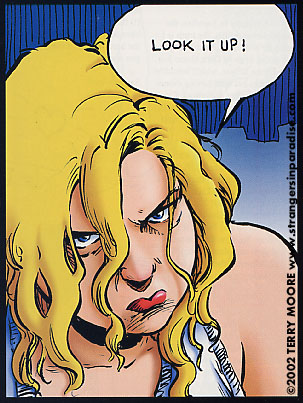Fifty-year-old Alice Howland, a Harvard professor of cognitive psychology, is at the top of her game. Her kids are grown, her marriage secure, her career on fire, when--after mere months of forgetfulness--she finds herself in the rapidly downward spiral of early onset Alzheimer's disease. With no cure or treatment, Alice struggles to find meaning and purpose in her everyday life as her concept of self slips away. Without memory or hope, she is forced to live in the moment, which is in turns beautiful, terrifying, and maddening.
The author, Lisa Genova, is a first-time author who holds a PhD in neuroscience from Harvard University. She is a member of the Dementia Advocacy, Support Network International and DementiaUSA and is an online columnist for the National Alzheimer's association. She lives with her husband and two children in Cape Cod.
This book was an uncomfortable read for me because my great grandmother had memory issues, my grandmother had them, and my mother (who just turned 80) is starting to experience some difficulty. Apparently, this runs in the women in my family, so of course is of great concern to me. Just because there is a strong genetic linkage, it doesn't mean that I will inherit the disorder, but obviously it is of concern to me.
This book is important for several reasons. First and foremost, the glimpse we get into what it is like for the patient going through this long dark season (we see what it is like to literally lose your mind); and the differing points of view concerning what it is like to deal with a loved one who is deteriorating right in front of your eyes. It is haunting, heartbreaking, and frightening. Perhaps the scariest thing for me was losing your language capability. That would be the hardest thing for me to bear in the whole horrible process.
There is a touching passage in the book where she talks about how she used to be..."I used to know how the mind handled language, and I could communicate what I knew. I used to be someone who knew a lot. No one asks for my opinion or advice anymore. I miss that. I used to be curious and independent and confident. I miss being sure of things. There's no peace in being unsure of everything all the time. I miss doing everything easily. I miss being a part of what's happening. I miss feeling wanted. I miss my life and my family. I loved my life and family."
I highly recommend this book. Even if you are lucky enough to have never been touched by this dread disease, you will gain a deeper understanding and appreciation for the toll it exacts.
Subscribe to:
Post Comments (Atom)










































2 comments:
This issue frightens me, too. Alzheimer's doesn't run in my family, but I understand about the fear of memory loss. For a while, I moderated a school group that went to nursing homes, bringing cheer. So many of the people weren't in their right minds that I wondered if we made any impact at all during our visits.
We go to the local nursing home each Christmas and sing Carols. Some of the people there aren't in their right minds either, but many are, and really seem to appreciate it. But it really is frightening to have to deal with Alzheimer's, whether you are a patient, or a caregiver. What a dreadful disease.
Post a Comment